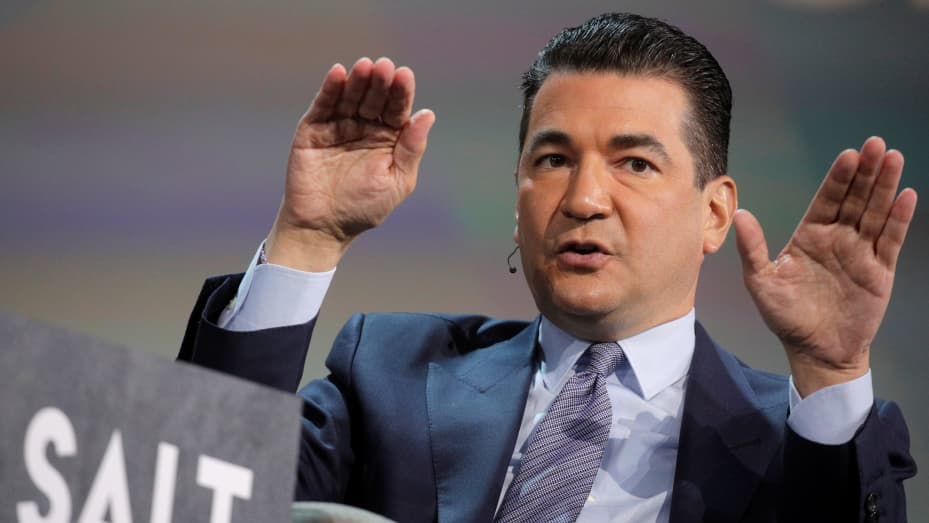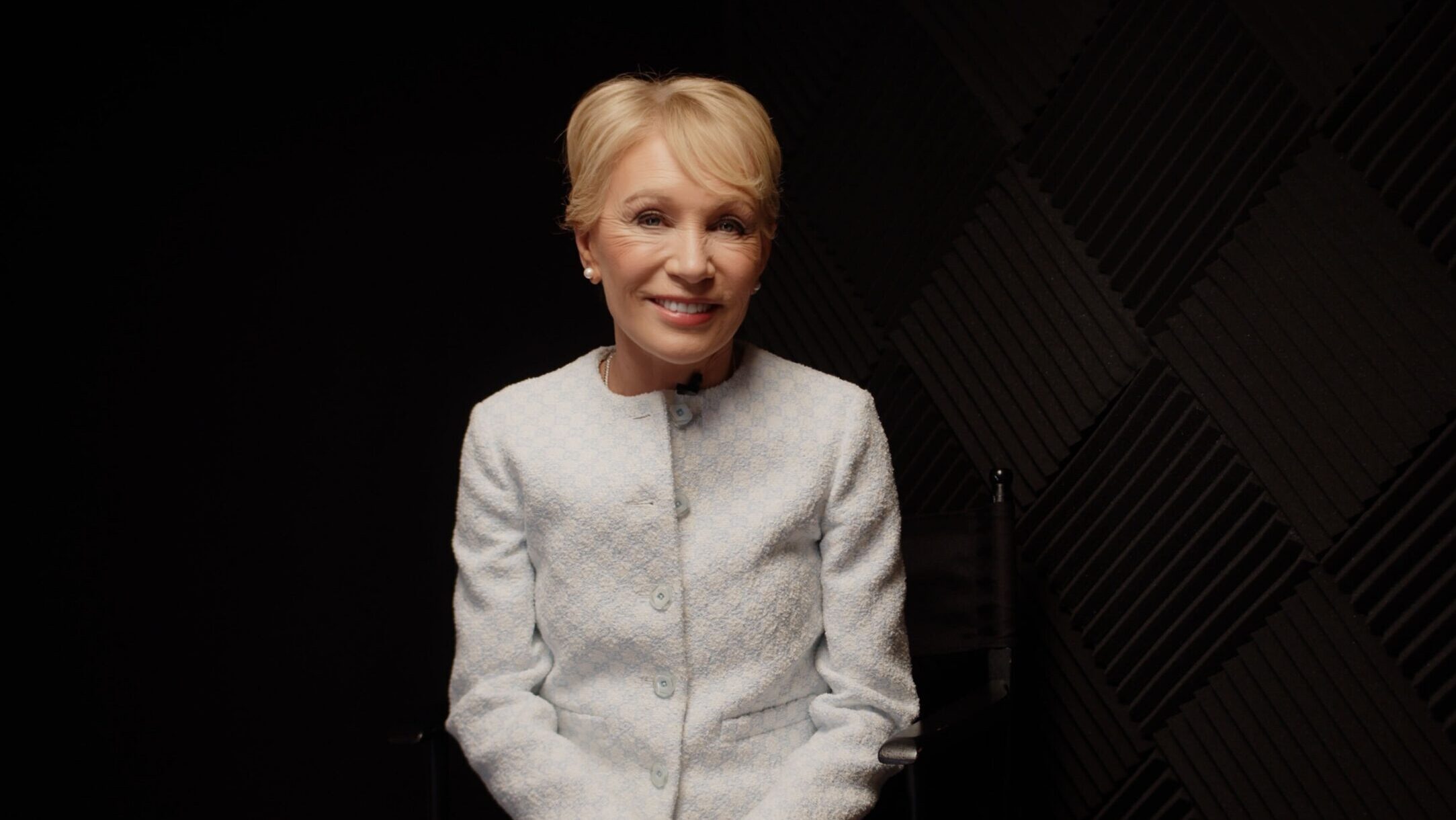
Erika Ayers Badan: You Are The Problem (And The Solution)
This is an episode for people grappling with how to manage and how to embrace AI. Good managers in the future will seamlessly balance being…
Thought Leader: Erika Ayers Badan
See source for video.
Former Food and Drug Administration Commissioner Dr. Scott Gottlieb told CNBC he anticipates the Centers for Disease Control and Prevention may soon offer greater clarity on who will be eligible for Covid booster doses.
Gottlieb, a Pfizer board member, elaborated on the FDA and CDC’s booster approval process during an interview Tuesday on “The News with Shepard Smith.” The FDA could make a formal decision on Pfizer’s boosters before the CDC begins a two-day series of meetings on third doses Wednesday and Thursday, where Gottlieb said health officials may expand upon the FDA’s direction.
“They provide granular guidance to physicians and patients, and they interpret the recommendations that come out of the Food and Drug Administration,” Gottlieb said of the CDC. “So for example, they might say that they might enumerate the kinds of severe conditions that would qualify someone for a booster.”
An FDA advisory committee rejected a plan Friday that would have permitted third doses for all Americans 16 and older, voicing reservations over insufficient data and the risk of myocarditis. But the committee subsequently voted unanimously to approve boosters for the medically vulnerable and anyone 65 and over.
Gottlieb said the process gave off conflicting messages about who would be eligible for boosters, but added that he always thought the FDA would hold two votes to narrow down the potential recipients of a third Pfizer dose.
“I think the meeting created a perception that there could be conflicting messages. I don’t think that that’s the case,” Gottlieb said. “The FDA at first voted on boosters for the entire age range 16 and up, ultimately settled on a recommendation that boosters should be made available to people 65 and older, and those who are at risk of a severe outcome from Covid, those who are at more risk from the disease itself. That seemed to be always where the FDA was heading administratively.”

Gottlieb added: “I think it created a perception that the agency voted down boosters before they voted for it – that wasn’t the case. It was more an administrative action, and I think that that’s where it created some public confusion.”
As Pfizer awaits final approval for its boosters, vaccine makers Moderna and Johnson & Johnson have both released data they say justifies the approval of their own supplemental doses. J&J said Tuesday that its Covid boosters are 94% effective when injected two months after the first dose, while Moderna reported reduced instances of breakthrough cases among more recently vaccinated participants in a study published Sept. 15.
More than 2.2 million people in the U.S. have received a booster since Aug. 13, according to the CDC.
Erika Ayers Badan: You Are The Problem (And The Solution)
This is an episode for people grappling with how to manage and how to embrace AI. Good managers in the future will seamlessly balance being…
Thought Leader: Erika Ayers Badan
Mike Pence on U.S. Leadership and Global Strategy
Former Vice President of the United States, Mike Pence, shares his thoughts about President Trump’s framework on trying to acquire Greenland, and discusses what he…
Thought Leader: Mike Pence
Barbara Corcoran on Why Most Entrepreneurs Fail
Shark Tank star and real estate mogul Barbara Corcoran shares her unfiltered advice on entrepreneurship, investing, and building long-term success. Corcoran explains how she evaluates…
Thought Leader: Barbara Corcoran

